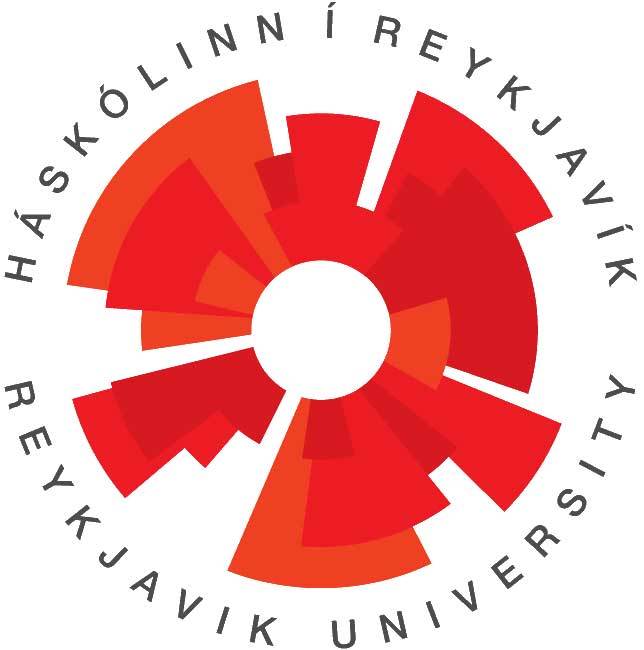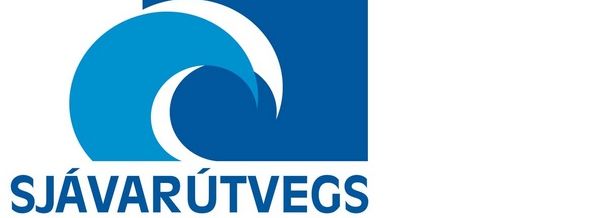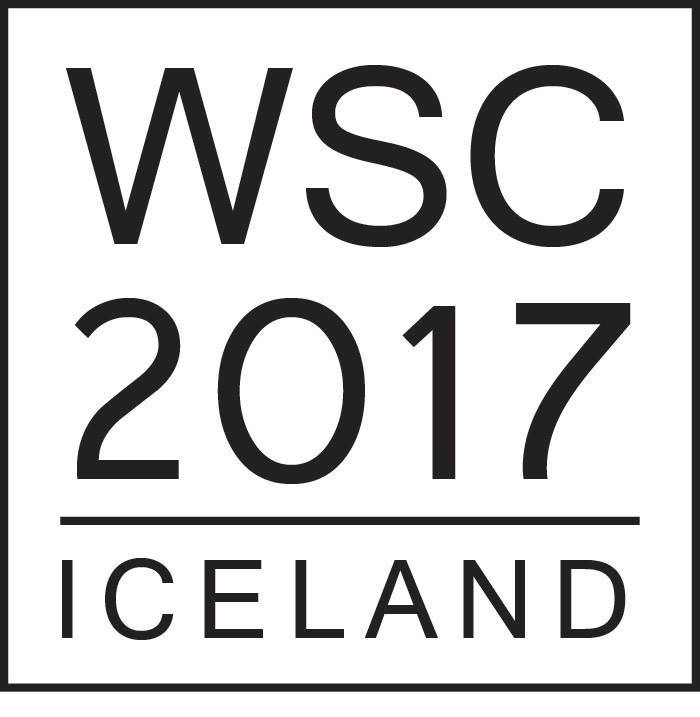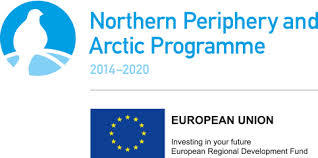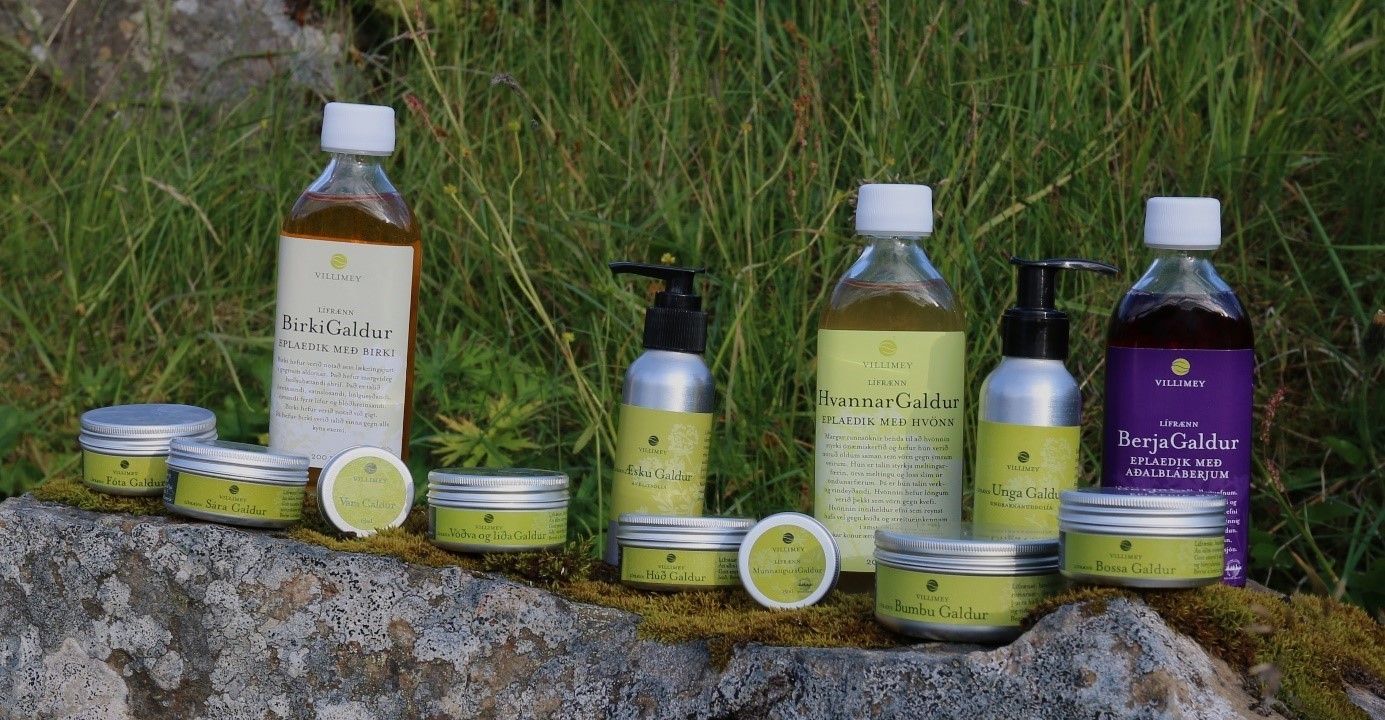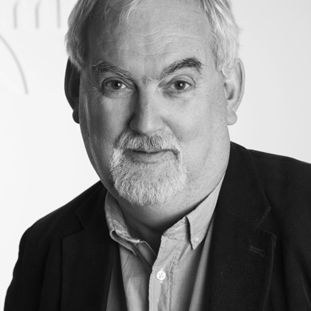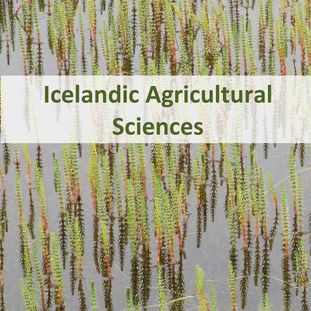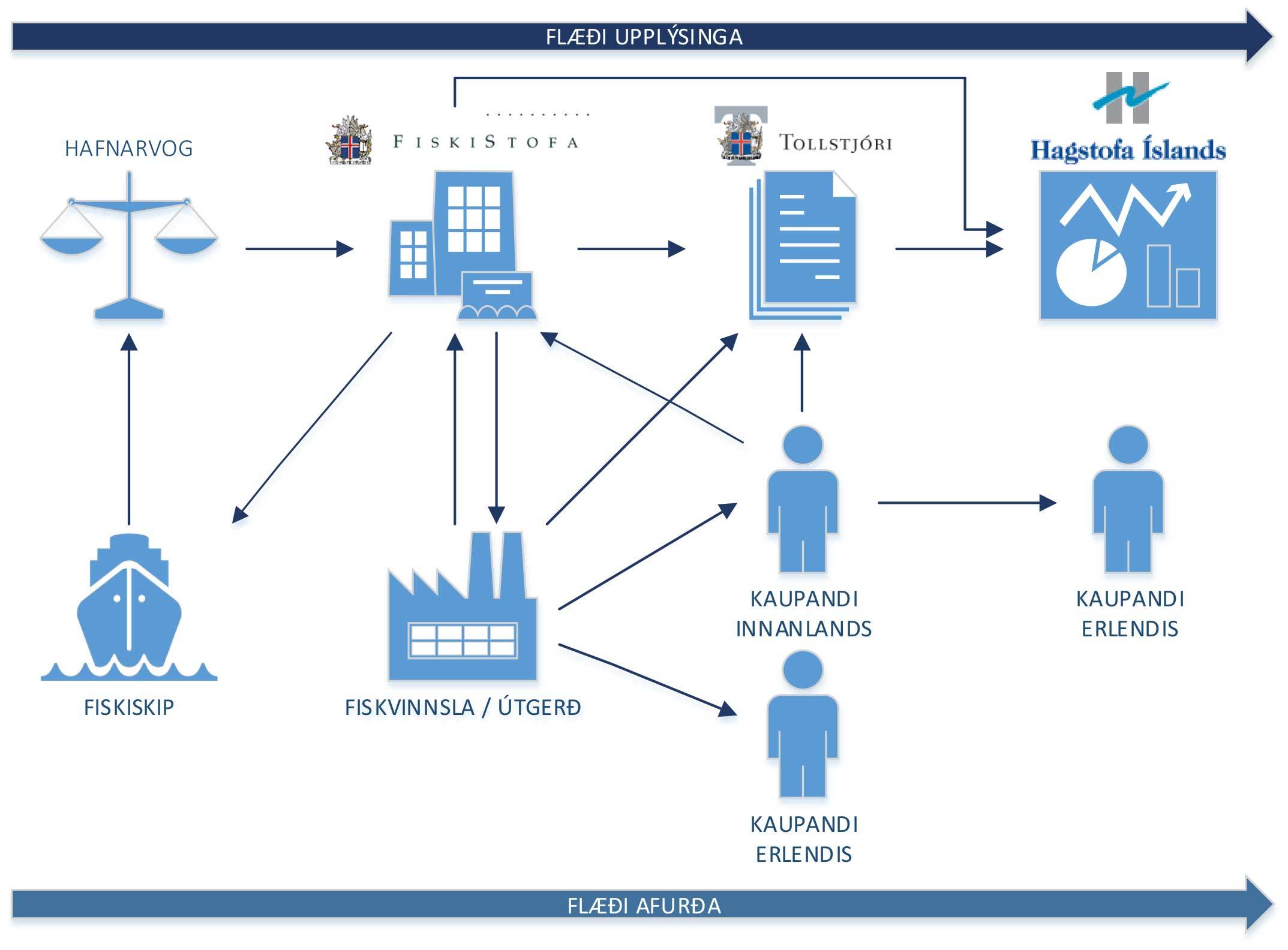Open the University of RU and Matís in collaboration on the Iceland School of Fisheries
Skrifað undir samstarfssamning um nám fyrir erlenda stjórnendur í alþjóðlegum sjávarútvegi í HR Opni háskólinn í HR og Matís, í
Open the University of RU and Matís in collaboration on the Iceland School of Fisheries Nánar »
